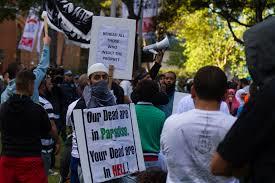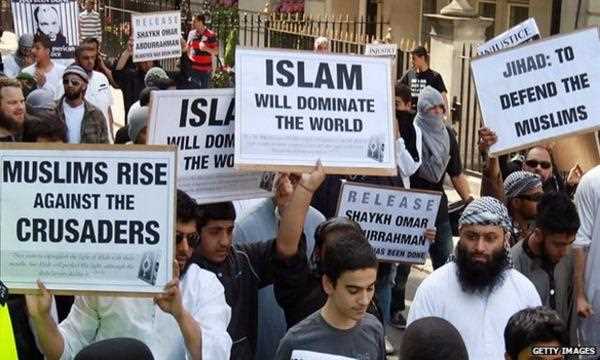
The question of whether Islam is a religion that supports extremism, and more especially violent extremism, or whether it is a religion that is abused and misused by extremist groups in order to further their ideological goals, is a crucial one. This issue continues to come up in world politics on various scales.
In the decades that followed the establishment of the Islamic government in Iran in 1979, the jihadist resistance to the Soviet invasion and occupation of Afghanistan in the 1980s, and the 11 September 2001 terrorist attacks on the United States, the discussion about Islam and extremism has gained more traction. Al-Qaeda, the Islamic State in Iraq and Syria, the Abu Sayyaf Group, the Mujahidin Indonesia Timur, and Jemaah Islamiyah are just a few of the violent-extremist networks and organisations that have grown in popularity in recent years. This has put the stability of many states in jeopardy and called into question the sanity of the international system. It has created a rift in the public discourse between those who blame Islam for the violent actions of these groups and those who blame political and social circumstances as well as the absence of a comprehensive strategy from governments and the international community to address their underlying causes.
As a result, a variety of descriptors have been developed by academics, decision-makers, commentators, and community leaders of various ideological and political persuasions to try to understand where Islam stands in relation to extremism. They notably include Salafist Islam, Wahhabi Islam, Deobandi Islam, moderate Islam, radical Islam, extremist Islam, reformist Islam, moderate Islam, and political Islam.
